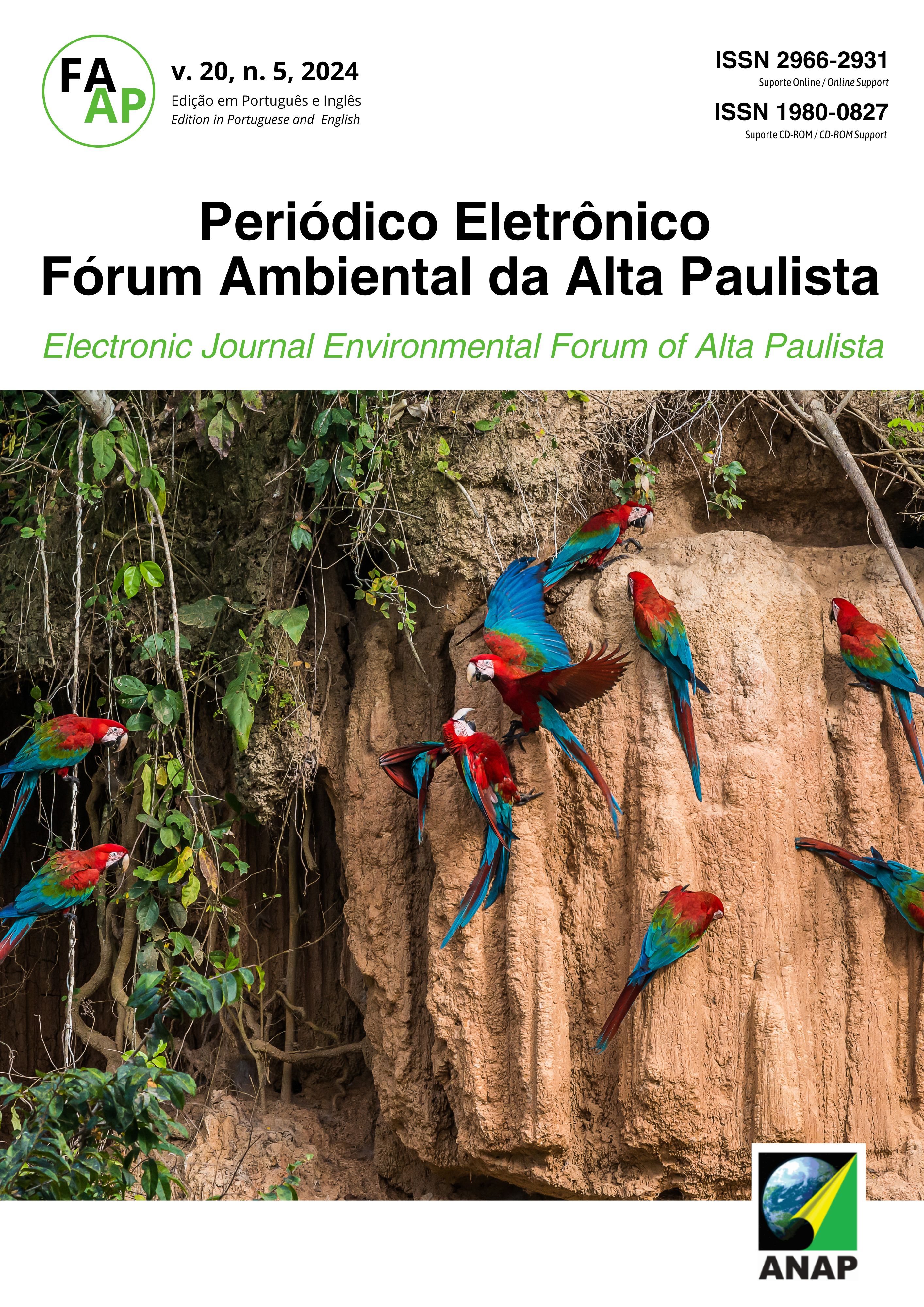Mapping of Urban Heat Islands in the Urban Conurbation of Cuiabá – Várzea Grande/MT by Remote Sensing
DOI:
https://doi.org/10.17271/1980082720520245209Keywords:
Mato Grosso, Urbanization, Remote sensing, Medium-sized cities, Tropical climateAbstract
Objective – The urbanization process has caused significant changes in vegetation cover and, as a consequence, in the temperature of the Earth's surface, resulting in thermal anomalies characterized by the formation of surface heat islands. Thus, the objective of this study was to investigate the correlation between urban expansion based on the Normalized Difference Vegetation Index (NDVI), Land Surface Temperature (LST) and Surface Urban Heat Islands (SUHI) in the cities of Cuiabá and Várzea Grande, Mato Grosso, Brazil, comparing the periods of 2016 and 2024.
Methodology – The methodology adopted consisted of analyzing Landsat 8 satellite images in three stages: (1) collecting and exporting images; (2) processing the data to generate NDVI, LST and SUHI; and (3) preparing the maps.
Originality/Relevance – The study addresses a theoretical gap in research on urban heat islands in the Brazilian Midwest, revealing the environmental and urban implications of the rapid growth of these cities through different remote sensing methods.
Results – The results indicated an increase in temperatures in urban areas, associated with the expansion of impervious surfaces and the reduction of vegetation cover. A greater thermal amplitude was observed in the dry period and an inverse correlation between NDVI and SUHIs, especially in the wet period, indicating vegetation as a mitigator of heat islands.
Theoretical/Methodological Contributions – The study contributes to the analysis of heat islands in the Brazilian Midwest, correlating NDVI and SUHI, in addition to integrating remote sensing to analyze urbanization and seasonal thermal changes in tropical cities.
Social and Environmental Contributions – It is clear that preserving urban vegetation is essential to mitigate the effects of heat islands, and it is essential to consider these indicators in the urban management of expanding medium-sized cities located in a tropical climate.
Downloads
Downloads
Published
Issue
Section
License
Copyright (c) 2024 Electronic Journal "Fórum Ambiental da Alta Paulista"

This work is licensed under a Creative Commons Attribution 4.0 International License.












